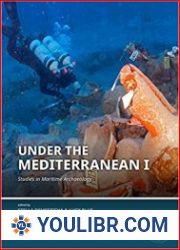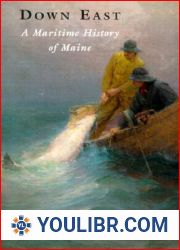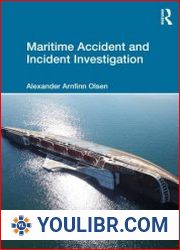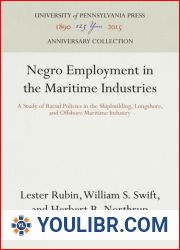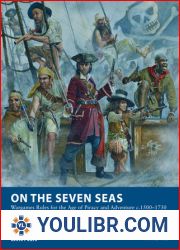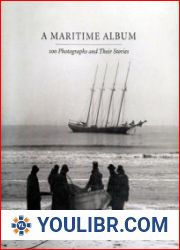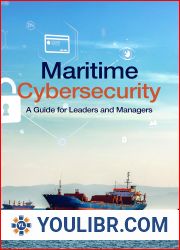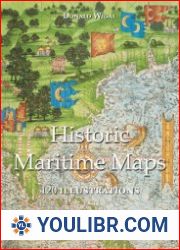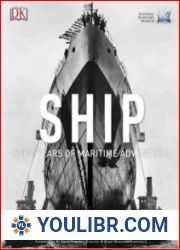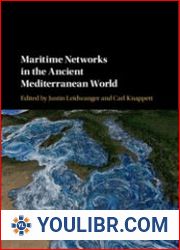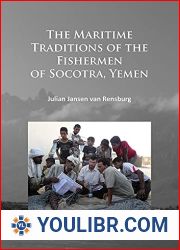
BOOKS - Piracy and Maritime Crime: Historical and Modern Case Studies (Naval College ...


US $8.72

114885

114885
Piracy and Maritime Crime: Historical and Modern Case Studies (Naval College Newport Papers, Volume 35)
Author: Bruce A. Elleman
Year: January 8, 2010
Format: PDF
File size: PDF 3.9 MB
Language: English
Year: January 8, 2010
Format: PDF
File size: PDF 3.9 MB
Language: English
Piracy, or "robbery on the high seas," has existed for as long as people and commodities have traversed the oceans. The ancient Greeks, Romans, and Chinese all complained of it, and all created naval forces to fight pirates. The word "piracy" comes from the Latin pirate, "sea robber," and before that from the Greek pirates - "brigand," or "one who attacks." Piracy, however, has evolved over time, and this volume examines how piracy and ocean governance have changed from 1608, when the Dutch jurist Hugo Grotius published his Mare Liberum [The Freedom of the Seas, or the Right Which Belongs to the Dutch to Take Part in the East Indian Trade]. As modern nation-states emerged from feudalism, privateering for both profit and war supplemented piracy at the margins of national sovereignty. More recently, an ocean enclosure movement under the aegis of the United Nations Convention on the Law of the Sea 1982 has granted states access to maritime resources far beyond their territorial limits. This in turn has given states more responsibility for providing safe passage through their waters. This monograph provides case studies on how these developments have changed the ways in which nations deal with piracy.Who owns the sea? Who has rights of navigation through its waters? Who is responsible for protecting ships at sea? For most of human history, the high seas were seen as vast, dangerous, uncharted regions filled with demons and dragons. In premodern times, the sea was a space apart from society. 'Amr ibn al-'As, a seventh-century Arab military leader who was responsible for the conquest of Egypt in 640, observed, "The sea is a boundless expanse, whereon great ships look tiny specks; nought but the heavens above and waters beneath; when calm, the sailor's heart is broken; when tempestuous, his senses reel. Trust it little, fear it much. Man at sea is an insect on a splinter, now engulfed, now scared to death."Throughout much of human history, therefore, it was assumed that the seas could not be owned, occupied, or governed. Fighting pirates at sea, although desirable, was beyond the jurisdiction and ability of most "states," whether feudal or national. As Grotius asserted in Mare Liberum, "The sea is common to all, because it is so limitless that it cannot become a possession of any one, and because it is adapted for the use of all, whether we consider it from the point of view of navigation or of fisheries."2 Grotius's view was developed to counter the activities of, in particular, Spain and Portugal, who were using their navies to assert their global maritime spheres of influence. The Dutch and other Europeans also wanted to pursue maritime interests. In this fashion, Grotius's "freedom of the seas" doctrine became a widely accepted foundation of modern international law.Historically, a state's sovereignty stopped at the shoreline. The world's oceans remained open-access, "common pool" resources. "How can a country control the seas?" asked the ruler of Macassar in the early seventeenth century, when the Dutch were attempting to monopolize the spice "God has made the earth and the sea, has divided the earth among mankind and given the sea in common. It is a thing unheard of that anyone should be forbidden to sail the seas."




















